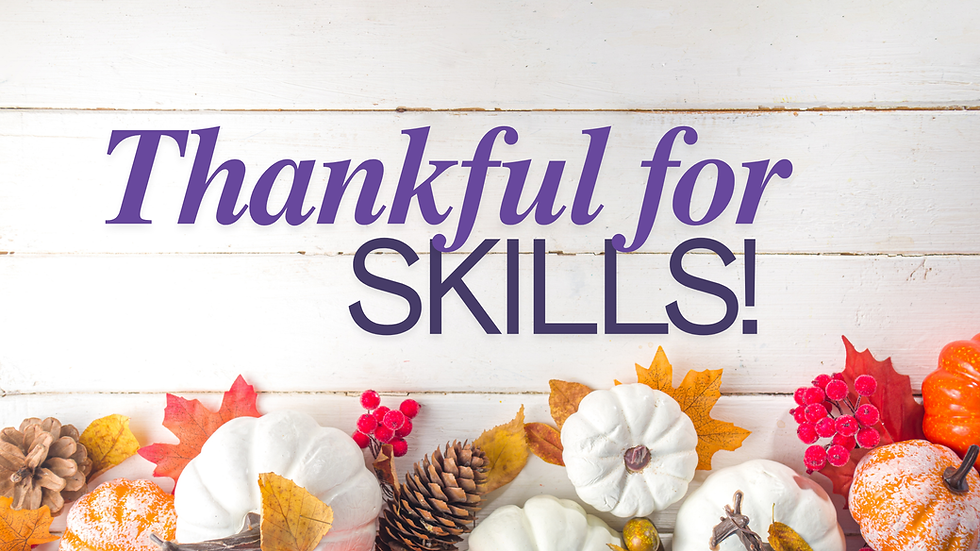
Your Classroom - Your Garden
- the SILA Skills Group

- Apr 9, 2023
- 2 min read

First things first, this is not a horticultural post! And, it is true you are surrounded by flowers in your classroom. In fact, they are dandelions and orchids. In this situation, I'm talking about people and not plants.
This is NOT a horticultural post!
According to Dr. John Boyce, there are unique differences in how children react to the world around them. You can read more about his work in The Orchid and the Dandelion: Why Some Children Struggle and How All Can Thrive. In it, he compares children to orchids and dandelions and how these two plants react differently to their environments and how focusing on their unique needs, will help them grow and flourish.
He compares children to orchids and dandelions.
When it comes to responding effectively to the orchids in our world, a person who uses validation and follows the basic assumptions taught in the SILA Skills workshops is able to create an environment that is conducive to both an orchid and a dandelion child. That is the goal.
Orchids need validation and for us to use basic assumptions
At SILA Skills, we want to demonstrate how it is possible to create such an environment and how beneficial it is when this is done intentionally and with consistency.
Picture a test-taking situation...
Picture a test-taking situation. You know your orchids are probably very stressed and are struggling with their thoughts of inadequacy and self-doubt and many times these attributes can show up in our perfectionist students. Their emotional lid is flipped and they have a very difficult time accessing all of the information that they studied so hard. Our dandelions may also feel stressed and nervous about the test but because of their resilience and ability to handle stress better than our orchids, chances are they will remember the information more effectively and will perform better.
Orchids and dandelions respond differently to stressful situations.
This concept can be used in a multitude of situations. When we think of how students deal with relationships, fear, and anger, our orchids tend to react differently than our dandelions. They need more care and time to process. They need empathy, not judgement. They need patience, not pushing or reminders of their presumed weakness.
Use your gardening tools of empathy and compassionate curiosity
So the next time you look out over your classroom, pick up your virtual gardening tools and with compassionate curiosity and empathy, address your students in the way that best needs their needs.
Want to learn more?
Be sure to sign up for one of our latest Transforming Classrooms workshops and learn more about how to be the best gardening teacher you can be.




Comments